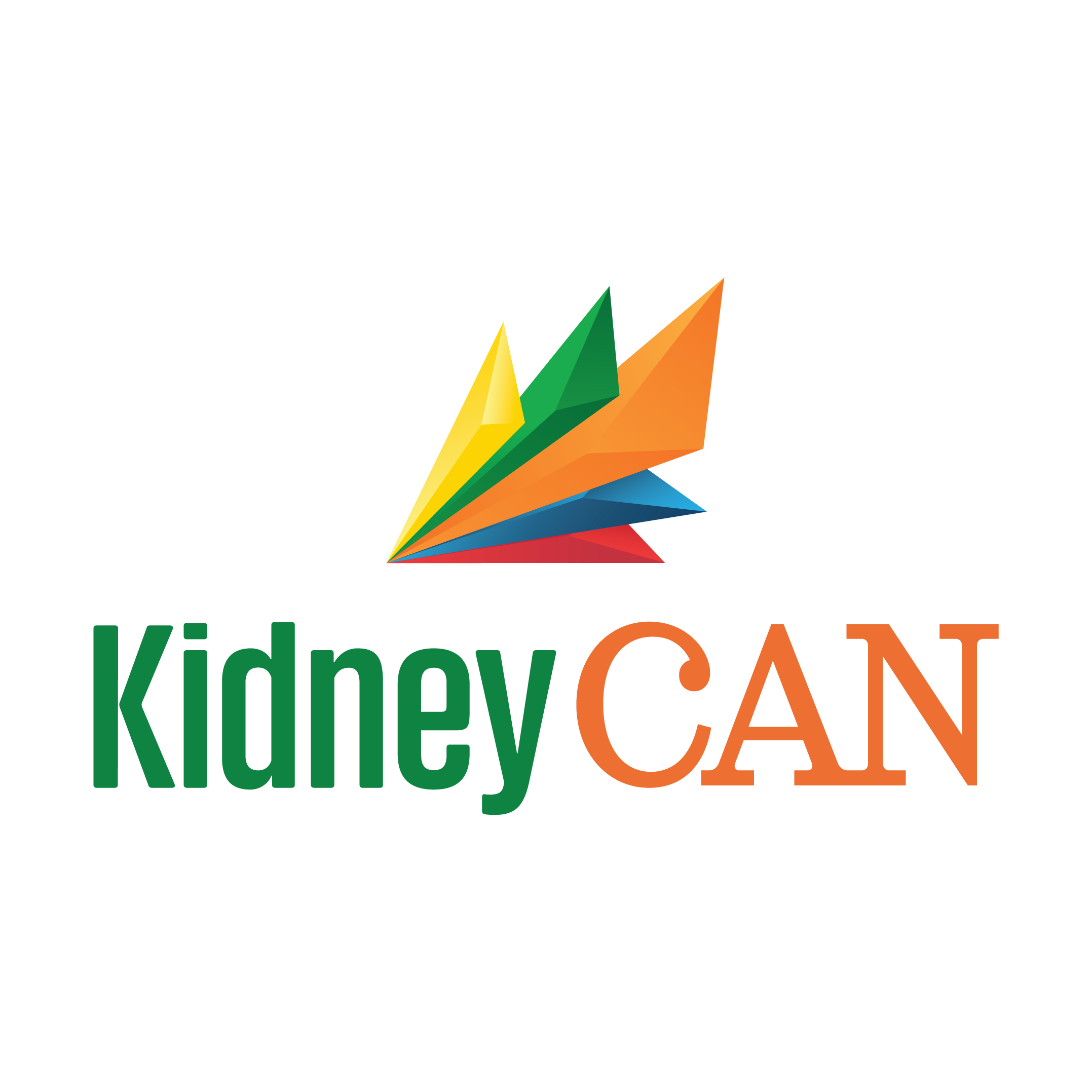
‘It’s a Time of Hope’ for Kidney Cancer

With new treatments being explored, it’s an exciting time for patients with kidney cancer, an expert explained.
Recent years have brought new therapies for patients with kidney cancer, and with even more advancements on the horizon, “it’s a time of hope for patients,” explained Dr. Toni Choueiri.
In an interview at the 2023
Choueiri mentioned the advent of PD-1, VEGF and CTLA3 inhibitors — types drugs that block proteins that aid in the survival of cancer cells — continues to evolve, while new drugs and combinations continue to be explored.
“So I think this is a great time for investigators in kidney cancer, it's a time of hope for patients, there is no doubt it's a time of hope for patients,” Choueiri said.
Transcription
You know, I think if you go five years before the PD-1, VEGF, that in combination, CTLA3 are important. It's becoming, you know, I wouldn't say mundane, but it's evolving. But actually, new targets are exciting. If two inhibitors are coming, we're planning a lot of studies, not just with (Welireg [belzutifan]), which is ahead, but certainly with other drugs. We're seeing CAR-T cells and cellular therapy and TILs in … renal cell cancer. There is, as I was saying, and emergence of antibody drug conjugates, and there is a deep knowledge that is evolving by the day about the biology of clear cell RCC as well as multiple variant histologies (that) are seen.
(There is) no doubt in my mind (that this) can lead to trials, and then we have to see what they show. I mean, it's so beautiful (to see) data about translocation chromophobe in renal cell cancer. So I think this is a great time for investigators in kidney cancer, it's a time of hope for patients, there is no doubt it's a time of hope for patients.
If you look at metastatic RCC patient survival, it's over five years now, and hopefully more to come. We can’t stop yet and important meetings like this like a KCRS meeting with KidneyCan are going to lead us to more collaboration, and more hope to cure this disease.
For more news on cancer updates, research and education, don’t forget to




